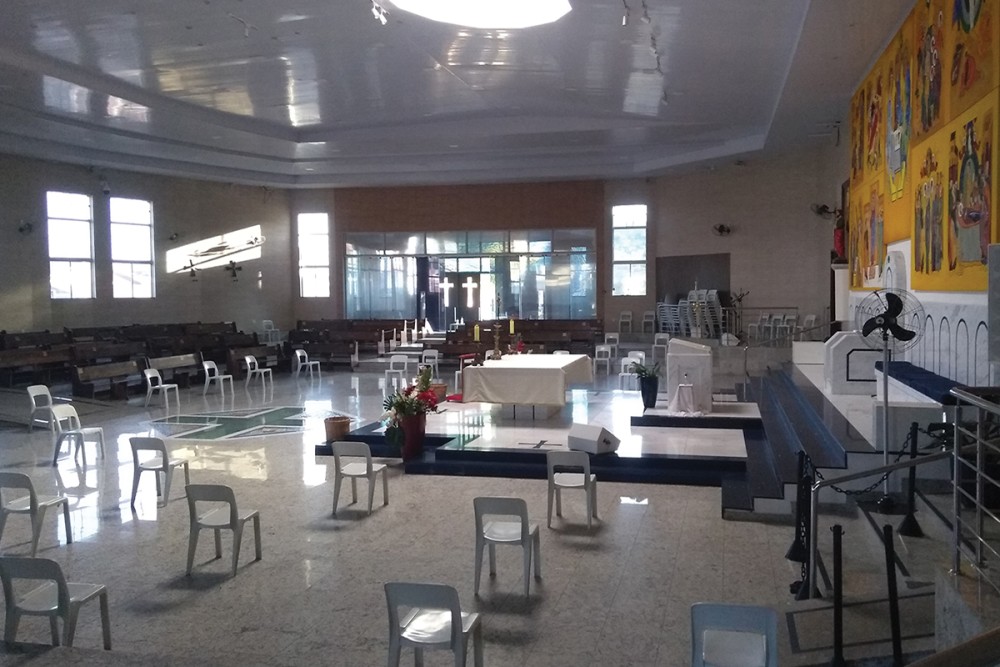How will history judge Latin American churches’ COVID response?
Likely with both praise and blame.

On the blessed day that the coronavirus pandemic finally ends, historians will have enormous opportunities to explore its immediate impacts and its lasting consequences. That is nowhere truer than in the area of religion and faith. How will congregations be remembered for their actions during this hideous time?
In the Christian context, many lessons both inspiring and troubling come from Latin America, which has suffered appallingly from the crisis, as badly as anywhere on the planet. Even by grossly understated official statistics, the combined death toll in the five largest nations in the region (Brazil, Mexico, Colombia, Peru, and Argentina) reached a million this summer, almost a quarter of the global total. But in order to find a realistic estimate, we should probably multiply that dubious number by three. In Brazil alone, the true death toll to date is well over a million, including many young adults. Mexico has, in real numbers, lost over 600,000, about the same as the far more populous United States.
Vaccination rates across the region are abysmally low. In societies much poorer than those of Europe or North America, the economic and social effects have been devastating. Health-care systems that were already under deep strain have come close to collapse.





